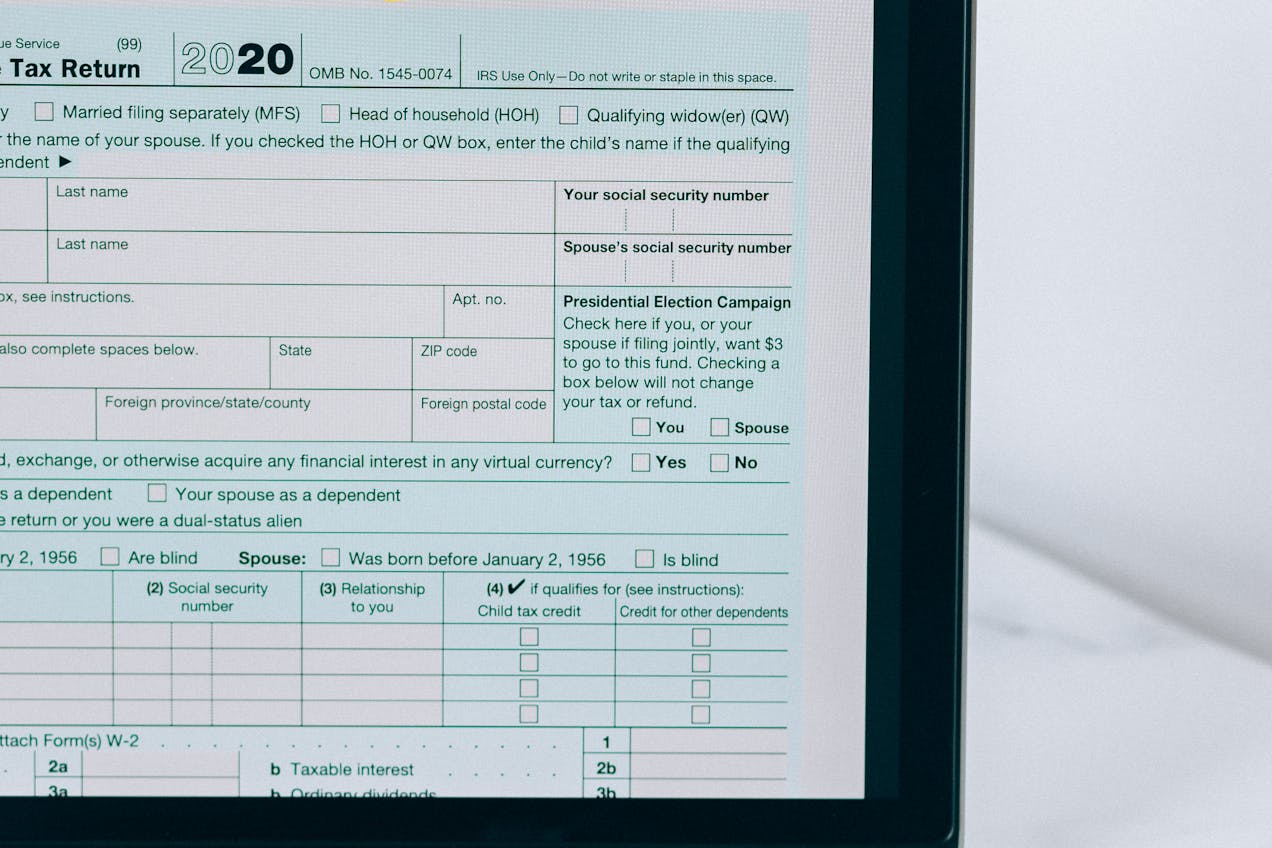
Don’t Let IRS Form 5472 Become Your Business’s Achilles’ Heel!
Dealing with the complex landscape of IRS regulations can be a daunting task for any business owner, especially when it comes to Form 5472. This form is a crucial requirement for foreign-owned U.S. corporations and domestic corporations with foreign owners. Failure to file correctly can lead to significant penalties, potentially crippling your business’s financial health. But fear not—our comprehensive guide is here to demystify IRS Form 5472, ensuring you stay compliant and avoid costly mistakes.
What is IRS Form 5472?
IRS Form 5472 is used to provide information about reportable transactions between a foreign-owned U.S. corporation or a foreign corporation engaged in a U.S. trade or business and its foreign or domestic related parties. Essentially, it’s a tool for the IRS to monitor transactions that could impact the tax obligations of these entities.
Who Needs to File Form 5472?
You need to file Form 5472 if you meet any of the following criteria:
– Foreign-owned U.S. Corporations: If a foreign person owns at least 25% of your U.S. corporation.
– Foreign Corporations: Engaged in a trade or business within the United States.
– Domestic Corporations: With foreign ownership, especially if they engage in reportable transactions with related parties.
What Constitutes a Reportable Transaction?
Reportable transactions cover a wide range of activities, including but not limited to:
– Sales, leases, and rentals of tangible and intangible property
– Compensation and reimbursements for services
– Loans and interest payments
– Royalties and license fees
The Filing Process
1. Gather Necessary Information
– Identify all related parties and the transactions involved.
– Collect detailed financial records and transaction documents.
2. Complete Form 5472
– Provide general information about your corporation and its owners.
– Report each transaction meticulously to avoid discrepancies.
3. Attach Form 5472 to Form 1120
– File Form 5472 along with your corporate tax return, Form 1120.
– Ensure it is filed by the due date, including extensions, to avoid penalties.
Penalties for Non-Compliance
Failure to file Form 5472 or filing an incomplete form can result in hefty penalties. The initial penalty for not filing is $25,000, with additional penalties accruing for continued non-compliance. Therefore, it is imperative to file accurately and on time.
Why Compliance Matters
Staying compliant with IRS regulations is not just about avoiding penalties; it’s also about maintaining the integrity and reputation of your business. Proper filing of Form 5472 ensures transparency and fosters trust with stakeholders and regulatory bodies.
How We Can Help
Dealing with IRS Form 5472 can be overwhelming. That’s where we come in. Our team of experienced tax professionals, including Certified Public Accountants (CPAs) and Enrolled Agents, is equipped to guide you through the filing process, ensuring you meet all regulatory requirements with ease.
Conclusion:
Ensuring compliance with IRS Form 5472 is crucial for your business’s financial health and legal standing. Proper filing not only helps you avoid significant penalties but also fosters transparency and builds trust with stakeholders and regulatory bodies. The complexities of Form 5472 and related IRS requirements can be daunting, but you don’t have to face them alone. By accurately reporting all necessary transactions and seeking professional guidance, you can secure your business’s future and maintain a solid reputation. Partner with seasoned tax experts who understand the intricacies of these regulations to ensure every detail is covered, giving you peace of mind and allowing you to focus on growing your business.
Need Help?
Don’t let IRS Form 5472 become a stumbling block for your business. Reach out to our COO, Anshul Goyal, for expert assistance. Contact Anshul today at anshul@kkca.io to ensure your business stays compliant and avoids costly penalties.
Stay informed, stay compliant, and let us help you tackle the complexities of IRS regulations with confidence.
Disclaimer
The information provided in this blog is for general informational purposes only and should not be construed as legal, tax, or accounting advice. Consult with a qualified professional for specific advice regarding your situation.
FAQs
1. What is IRS Form 5472?
IRS Form 5472 is used to report transactions between foreign-owned U.S. corporations or foreign corporations engaged in a U.S. trade or business and related parties.
2. Who is required to file Form 5472?
Foreign-owned U.S. corporations and domestic corporations with significant foreign ownership that engage in reportable transactions must file Form 5472.
3. What are reportable transactions?
Reportable transactions include sales, leases, services, loans, and other financial exchanges between related parties.
4. What is the penalty for not filing Form 5472?
The initial penalty for failing to file Form 5472 is $25,000, with additional penalties for continued non-compliance.
5. How do I file Form 5472?
Form 5472 must be attached to your corporate tax return, Form 1120, and filed by the due date, including extensions.
6. Can I file Form 5472 electronically?
Yes, Form 5472 can be filed electronically as part of your corporate tax return submission.
7. What information do I need to complete Form 5472?
You need details about your corporation, its owners, and all reportable transactions with related parties.
8. Can a CPA help with Form 5472?
Yes, a Certified Public Accountant (CPA) or Enrolled Agent can assist in accurately completing and filing Form 5472.
9. Is there an extension available for filing Form 5472?
Yes, extensions for filing Form 1120 also apply to Form 5472, but it’s crucial to request the extension timely.
10. How can I ensure compliance with IRS regulations?
Working with experienced tax professionals can help ensure your business complies with IRS Form 5472 and other tax regulations, avoiding penalties and legal issues.
